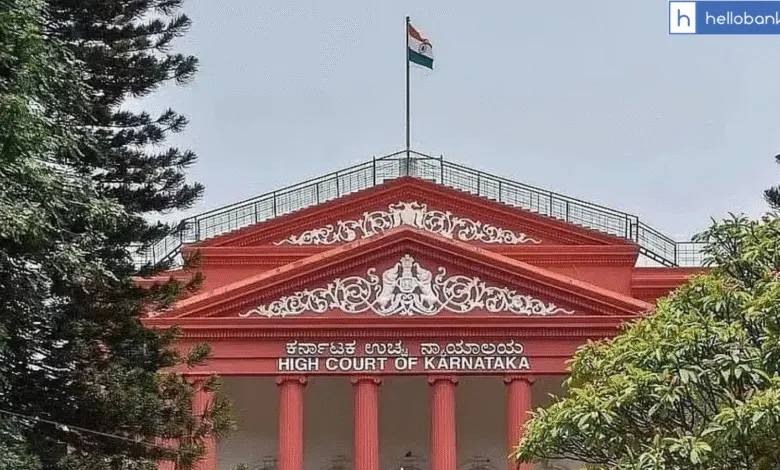To claim insurance policy, burden of proof lies with owner or claimant, not the insurance company: Karnataka High Court

The Dharwad bench of the Karnataka High Court has ruled that if someone claims a vehicle was insured at the time of an accident, it is the responsibility of the vehicle owner or the claimant to provide proof. The insurance company cannot be forced to pay compensation unless it is clearly proven that the vehicle was covered under a valid insurance policy. This decision was delivered by Justice Hanchate Sanjeevkumar, who held that in this case, the insurance company could not be held liable as there was no proper evidence of an active insurance policy.
Accident Details and Tribunal’s Decision
The case involved an accident that occurred on September 2, 2011, in which Kanti (also known as Kanteppa), an electrician, was travelling in an autorickshaw owned by Narayanaswamy. Due to rash and negligent driving, the autorickshaw overturned, and Kanti lost his life. His wife, Mallamma, and their children approached the Motor Accident Claims Tribunal in Ballari seeking compensation. On July 7, 2012, the tribunal awarded them ₹5.33 lakh with 6% annual interest, based on a cover note issued by the insurance company, which was presented as proof of insurance.
What the Court Observed About Cover Notes
The High Court explained that a cover note is a temporary document that acts as proof that insurance has been proposed. Under Rule 142(2) of the Central Motor Vehicles Rules, 1989, a cover note is valid for only 60 days from its date of issue. In this case, the cover note was issued on April 29, 2011, but the accident happened on September 2, 2011—more than 60 days later. The court also found that the vehicle owner had not provided any proof of paying the insurance premium, which is necessary for the insurance contract to become valid. Therefore, the cover note remained just a proposal, and there was no full insurance policy in force.
Legal Principle: Burden of Proof Lies on the Claimant
Justice Sanjeevkumar referred to Section 3 of the Indian Evidence Act, which says that if someone claims a fact, such as the existence of an insurance policy, they must prove it. In this case, neither the autorickshaw owner nor the deceased’s family could provide proof that a valid insurance policy existed at the time of the accident. Since negative evidence cannot be used to prove something doesn’t exist, the insurance company could not be blamed without actual proof from the claimant. The High Court therefore upheld the tribunal’s rejection of the insurance company’s liability.
Revised Compensation and Responsibility
Although the insurance company was not held responsible, the court decided to increase the compensation amount for the deceased’s family. Referring to the Karnataka State Legal Services Authority’s notional income chart, the court considered that the deceased was 38 years old and had a monthly income of ₹6,000. Based on these details, the compensation was increased to ₹15,50,600 with 6% annual interest. The court then ordered the autorickshaw owner to pay the full compensation to the family.
Conclusion: Proof of Insurance Is Essential
This judgment makes it clear that having a cover note is not enough—what matters is whether the insurance policy was valid at the time of the accident. If the vehicle owner cannot prove that the policy existed and was active, the insurance company cannot be made to pay. The burden of proof lies with the one who makes the claim, and in such cases, if proof is missing, the vehicle owner must bear full financial responsibility for compensation.
